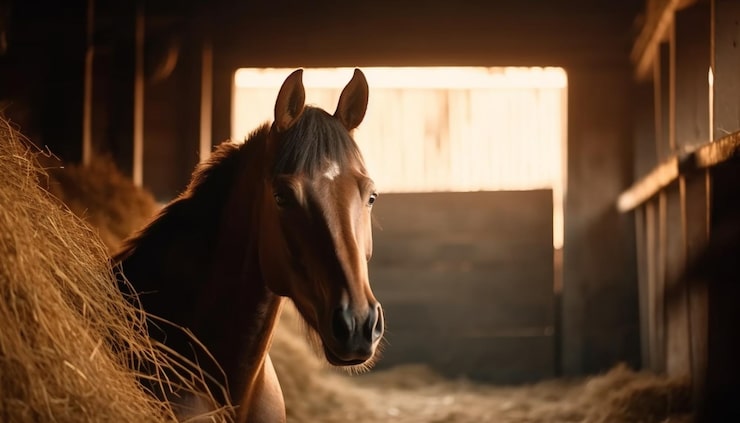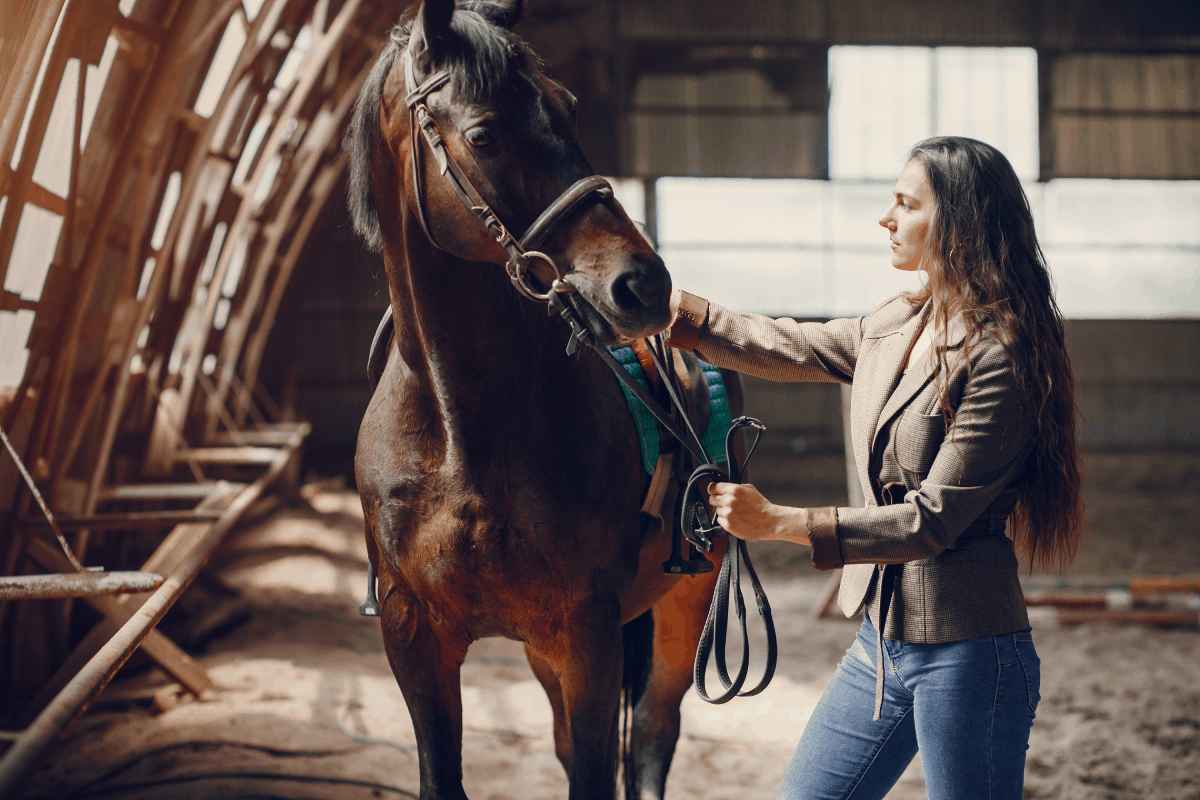As horses age, their physical needs change, just like humans. Proper conditioning for senior horses is crucial to maintaining their health and vitality. Whether you’re a seasoned equestrian or new to horse care, understanding how to keep your senior horse in top condition is vital. In this guide, we’ll explore the best practices for conditioning senior horses and ensuring they enjoy their golden years.

Understanding the Needs of Senior Horses
Senior horses, typically over the age of 15, require special attention. Their bodies undergo changes that can affect their mobility, digestion, and overall well-being. Proper conditioning for senior horses takes these changes into account, providing a tailored approach to care.
The Importance of Regular Exercise
Exercise remains a cornerstone of health for senior horses. It helps maintain muscle mass, supports joint health, and enhances overall well-being. However, the type and intensity of exercise should be adjusted to suit the horse’s age and physical condition. For more on exercise routines, visit exercise for older horses.
Low-Impact Activities
Engaging your senior horse in low-impact activities such as walking, light trotting, and swimming can help maintain their fitness without putting undue stress on their joints.
Nutrition for Senior Horses
As horses age, their nutritional needs change. Providing a balanced diet that meets these needs is critical. This includes ensuring they receive adequate fiber, protein, and vitamins.
Specialized Senior Feeds
Consider using specialized senior feeds that are designed to be more digestible and provide the necessary nutrients. For more insights on digestive support, check out digestive support.
Regular Health Check-Ups
Routine veterinary check-ups are essential for monitoring the health of senior horses. These check-ups can help detect any potential issues early on and ensure your horse receives the necessary care. Learn more about what to expect during a check-up here.
Maintaining Joint Health
Joint health is a significant concern for senior horses. Supplements and regular exercise can help maintain flexibility and reduce discomfort.
Supplements for Joint Health
Consider supplements that are rich in glucosamine and chondroitin, which support joint health. Consult with your veterinarian for the best options.
Hydration and Senior Horses
Ensuring that your senior horse stays hydrated is crucial, especially during hot weather. Dehydration can lead to serious health issues. For tips on keeping your horse hydrated, check out hydration tips.
Dental Care for Seniors
Dental health can significantly affect a horse’s ability to eat and digest food. Regular dental check-ups can prevent issues that may interfere with nutrition.
Mobility Support
Providing support for mobility through ramps or softer bedding can make a significant difference in the daily comfort of a senior horse. Explore more about mobility support here.
Creating a Comfortable Environment
Ensuring that your senior horse has a comfortable living space is crucial. This includes appropriate shelter, bedding, and access to pasture.
Behavioral Changes in Senior Horses
Senior horses may exhibit behavioral changes such as increased irritability or lethargy. Understanding these changes can help in providing better care.
Monitoring and Adjusting Care
Regularly monitor your horse’s behavior and adjust their care regimen as needed to ensure they remain comfortable and healthy.
The Role of Supplements
Supplements can play a vital role in the health of senior horses, offering additional nutrients that may be lacking in their diet.
Choosing the Right Supplements
Consult with a veterinarian to select the right supplements tailored to your horse’s specific needs.
Conclusion
Proper conditioning for senior horses involves a holistic approach that includes exercise, nutrition, regular health check-ups, and a comfortable living environment. By following these best practices, you can ensure that your senior horse enjoys a healthy and fulfilling life.

FAQs
How often should senior horses be exercised?
Senior horses should be exercised regularly, but the intensity and frequency should be tailored to their individual needs. Consult with a veterinarian for personalized advice.
What are the signs of aging in horses?
Common signs of aging include weight loss, stiffness, changes in coat condition, and behavioral changes. Regular veterinary check-ups can help address these issues.
Are there specific feeds for senior horses?
Yes, there are specialized senior feeds designed to be more digestible and provide the necessary nutrients for older horses.
For more information on caring for senior horses, visit the British Horse Society or explore additional resources at The Horse.
This article contains affiliate links. We may earn a commission at no extra cost to you.
